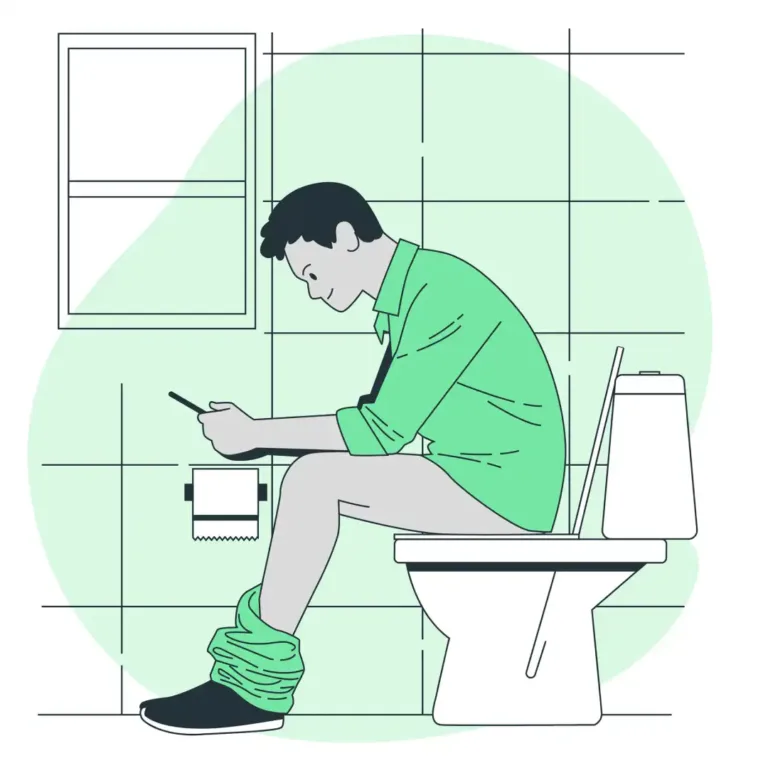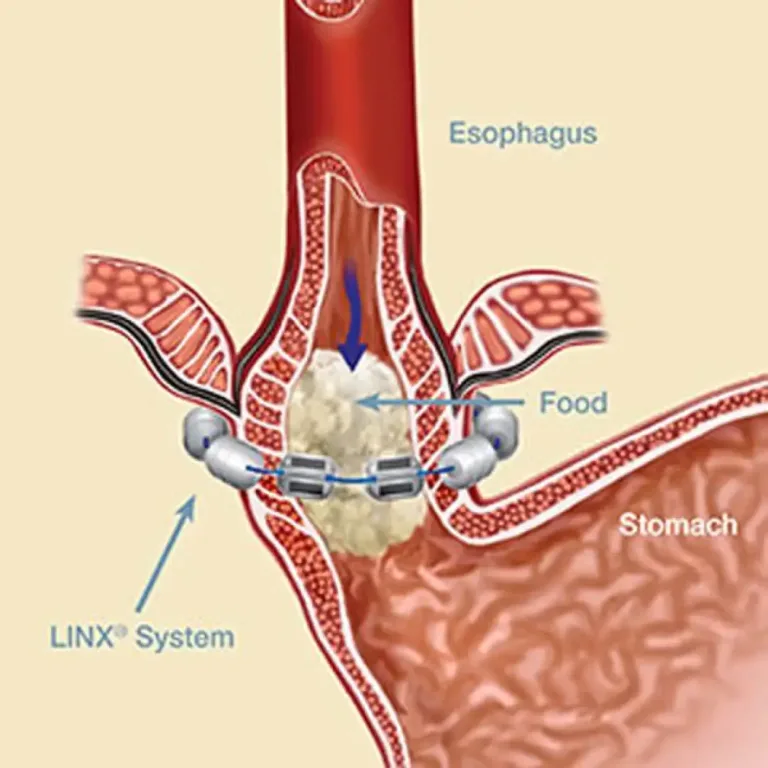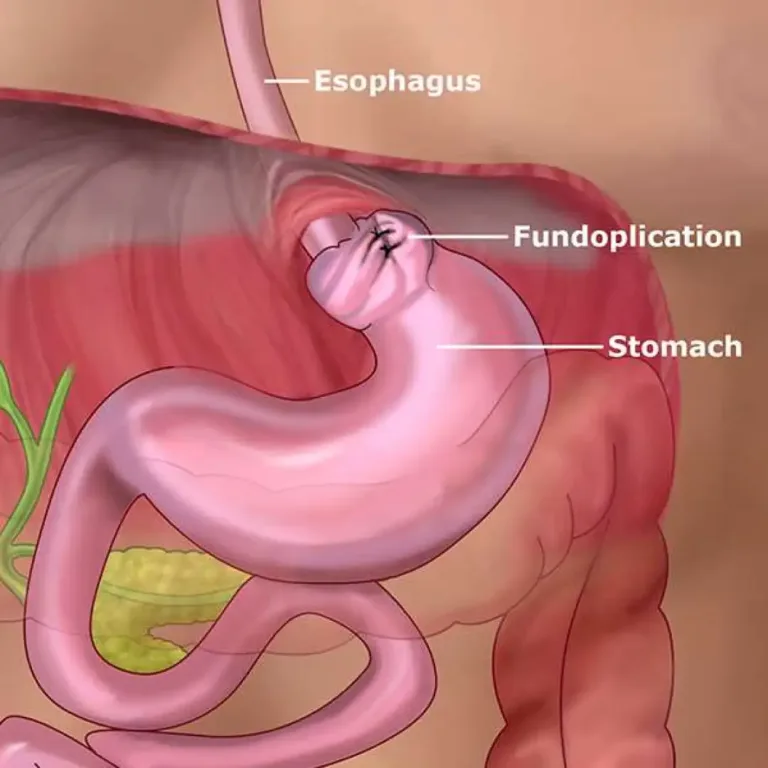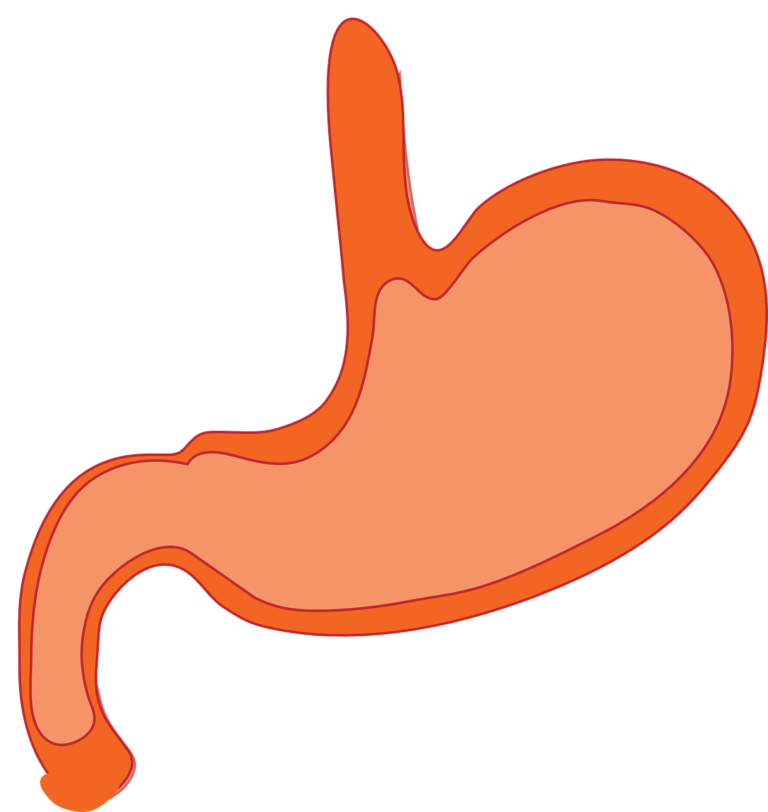Gastritis is a gastrointestinal condition characterized by inflammation (redness) of the stomach lining. The condition can arise from various factors, including bacterial infection, which may be asymptomatic in some instances. In others, gastritis may present as feelings of fullness after eating, nausea or vomiting, indigestion, and a burning sensation in the stomach.
On rare occasions, gastritis may result in severe abdominal pain, gastric bleeding (as evidenced by vomiting blood or having black stools), as well as ulcers, growths or tumours in the stomach. Such symptoms arise after regions of the stomach lining have eroded, causing tissue damage from stomach acid.
Gastritis is a digestive disorder characterized by inflammation of the stomach lining, which can result from various causes. For instance, bacterial infection, often asymptomatic, can trigger gastritis. Other symptoms of gastritis may include a feeling of fullness after eating, indigestion, nausea or vomiting, and a burning sensation in the stomach.
In rare cases, gastritis can lead to severe abdominal pain, gastric bleeding (indicated by vomiting up blood or black faeces), as well as ulcers, growths, or tumours in the stomach, caused by tissue damage from stomach acid after areas of the stomach lining have worn away.
Sometimes, chronic gastritis can develop as a result of the immune system attacking the stomach lining. Chronic gastritis can also stem from bacterial infection from Helicobacter pylori (H. pylori), smoking, excessive alcohol consumption, or prolonged use of aspirin or ibuprofen (NSAID painkillers), or from stress, major surgery, a serious illness, or injury.
If you experience indigestion that lasts for over a week, severe pain, or symptoms of gastric bleeding, you should seek medical advice. A doctor may test for chronic gastritis using a stool sample to detect blood in your faeces or the presence of H. pylori bacteria, a breath test to identify H. pylori, a barium swallow, or an endoscope to see inside your oesophagus and stomach.
Lifestyle changes such as avoiding NSAID painkillers and alcohol, not smoking, practicing relaxation techniques, eating smaller meals frequently, and cutting down on irritants such as fried, spicy, or acidic foods can help ease the symptoms of chronic gastritis. Acid-reducing medications can also be beneficial.
Tests
- Blood tests
- Colonoscopy
- Stool tests
Treatments / Symptom Management
- Proton pump inhibitors (PPIs) medications
- Antibiotics if you have H Pylori infection
- Other acid reducing medications





